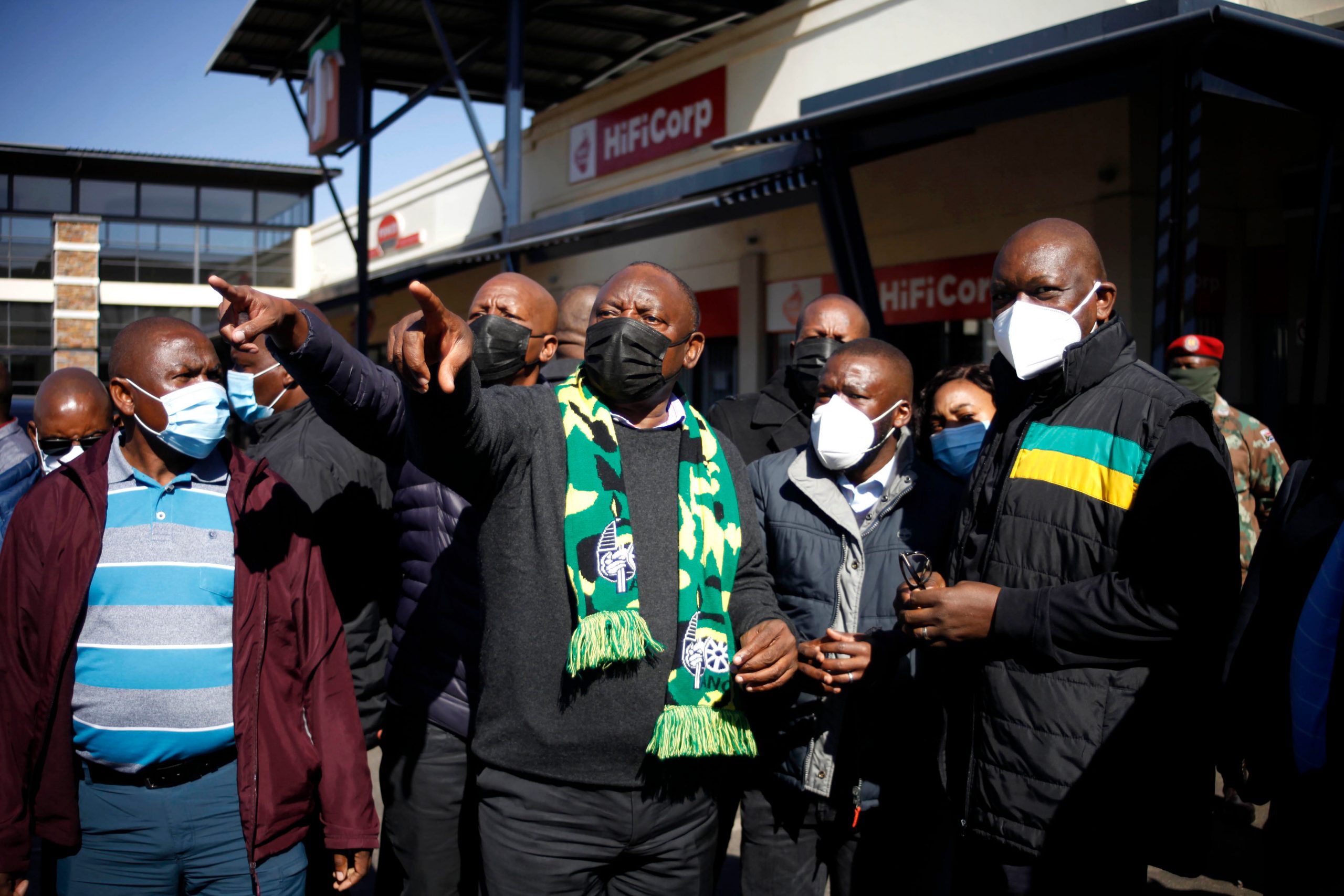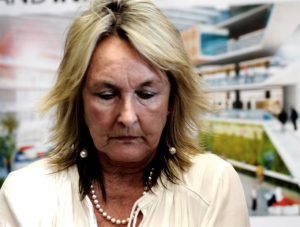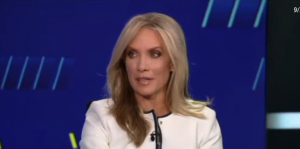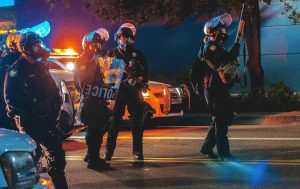Citizens or even small and medium enterprises that were affected by the week-long looting and violence, following the jailing of former president Jacob Zuma on July 7, will be aided by the relief plans announced by South African President Cyril Ramaphosa on Sunday.
While peaking in a nationwide broadcast on July 25 evening Ramaphosa said the provinces of KwaZulu-Natal and Gauteng were “hit by deliberate, planned and coordinated acts of violence designed to create the conditions for unrest.”
He said that more than 300 people had died, and that looting of stores, warehouses, and factories, as well as damage to key infrastructure, had crippled the country’s economy, according to PTI inputs.
Also Read | Former South African President turns himself in for 15-month sentence
The protests started after the imprisonment of former president Jacob Zuma, but rapidly devolved into unprecedented, massive looting and arson across the country.
Zuma began a 15-month term after the country’s highest court declared him guilty of ‘contempt of court’ for refusing to return before the Commission of Inquiry into State Capture, where he has been accused of corruption by witnesses on several occasions.
“We are taking decisive action now to secure the livelihoods of millions of people that have been threatened by both the pandemic and the unrest. To support those who have no means of supporting themselves, we are reinstating the Social Relief of Distress Grant to provide a monthly payment of 350 rand until the end of March 2022,” Ramaphosa said.
The president said this relief had been made possible by an improvement in revenue collection by the government.
Unemployed caregivers who currently receive a Child Support Grant will also be eligible for this new grant.
Ramaphosa also announced that the government will donate 400 million rand to the Humanitarian Crisis Relief Fund, which was formed by the Solidarity Fund during the entire lockdown last year to augment the food help supplied by the Department of Social Development.
Businesses would also be assisted through various measures, he said.
ALSO READ | South African woman throws 2-yr-old daughter into safety from a burning building
“Businesses that are insured will be covered by SASRIA, (which) has committed to expedite the payment of all valid claims, and is working together with private insurers to ensure that assessments are completed without delay,” Ramaphosa said, confirming that his government would ensure that SASRIA is able to honour all of its obligations and will provide whatever support is necessary in this regard.
He also promised victims of the violence who were not insured, such as numerous small and medium-sized companies, both official and informal, that they would not be left out of relief measures.
“Many of these businesses have lost everything, and will not be able to rebuild on their own. We will not abandon them in their time of need. We are therefore working to extend support to uninsured businesses that were affected by the violence.
“Government will set aside dedicated funds for this purpose and we will soon announce a mechanism for these businesses to apply for support. We will also be re-prioritising funding for SMMEs affected by the pandemic through a once-off business survival funding mechanism,” Ramaphosa said.
He also announced a range of tax relief measures, including deferment of some taxes, to encourage increased new employment and retention of existing employees.
“These interventions are designed to extend as much relief as possible to individuals and businesses that are in need of support, without compromising our fiscal sustainability.
“No country can expect its economy to grow, or to live in peace and harmony, while many of its citizens remain marginalised, hungry and excluded,” Ramaphosa said.







